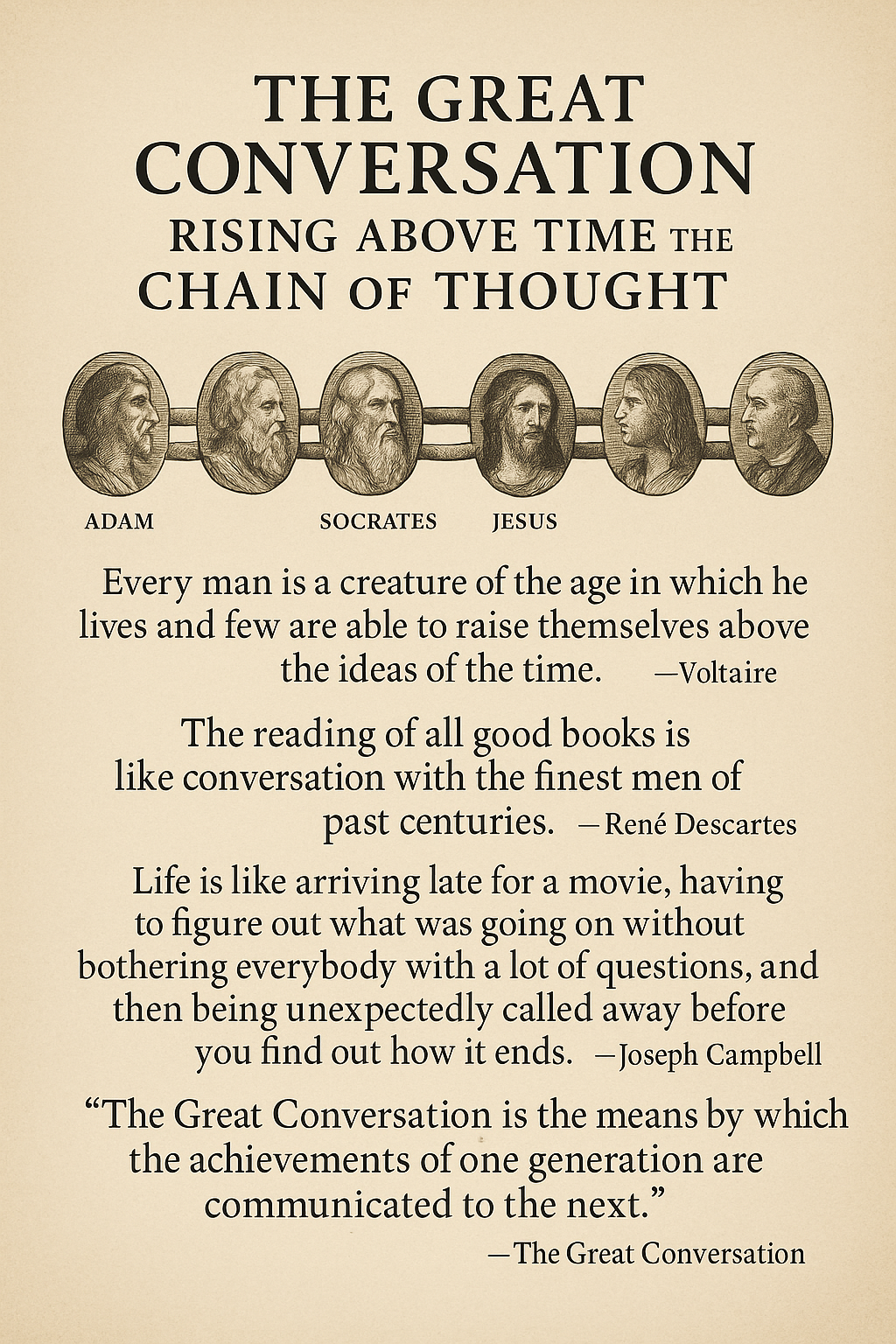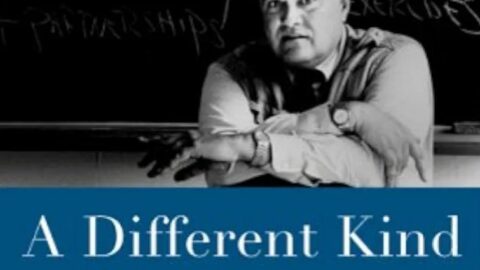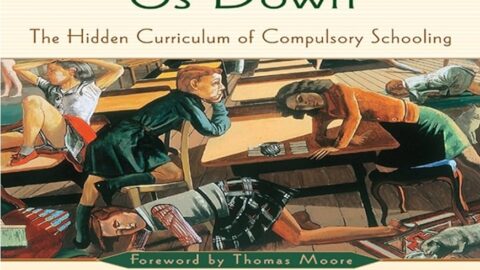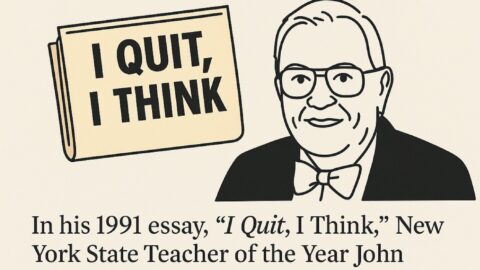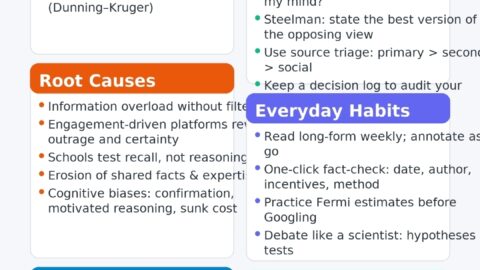“The reading of all good books is like conversation with the finest men of past centuries.” — René Descartes
“Every man is a creature of the age in which he lives and few are able to raise themselves above the ideas of the time.” — Voltaire
“The Great Conversation is the means by which the achievements of one generation are communicated to the next.” — Robert Maynard Hutchins
“Life is like arriving late for a movie, having to figure out what was going on without bothering everybody with a lot of questions, and then being unexpectedly called away before you find out how it ends.” — Joseph Campbell
These quotes form a compass guiding those who seek more than mere existence. They offer insight into the power of the written word—not as static knowledge, but as a living dialogue between generations. That dialogue is called The Great Conversation—the collective voice of humanity’s most enduring truths and deepest inquiries.
What Is the Great Conversation?
Coined and popularized by Robert Maynard Hutchins and Mortimer J. Adler, The Great Conversation is not merely a reading list. It is:
- A thread of wisdom that stretches from Adam to Socrates, from Jesus to today’s moral thinkers.
- A dialogue across the centuries, where questions are asked, challenged, and refined.
- A framework for understanding life, especially for those of us who, like Campbell suggests, feel dropped into the middle of a grand story.
Reading the classics allows us to piece together the narrative, to find our place in the arc, and to prepare the next chapter.
Why Most People Stay Trapped in Their Time
Voltaire’s insight is sobering: most people are products of their time, unaware they are trapped in its assumptions. Without exposure to the timeless ideas of the past:
- They live in echo chambers of modern noise.
- They conform to prevailing ideologies, often without knowing it.
- They lack the lens to question, compare, or rise above.
The Great Conversation is the ladder out.
The Power of Books: Entering the Timeless Dialogue
Descartes reminds us: reading is not passive. It’s a form of dialogue with the dead who still live.
- It’s how we sit beside Moses, Aristotle, Augustine, and Lincoln.
- It’s how we understand what they questioned—and why it still matters.
- It’s how we inherit not just knowledge, but wisdom.
Hutchins understood that the Great Conversation is how civilization transmits its soul. When this chain breaks, cultures forget their past, lose their direction, and collapse into relativism.
Life, Story, and Perspective
Joseph Campbell’s metaphor reminds us: life is a mystery into which we are born midstream. The only way to understand the plot is to listen to those who came before.
- The Bible, Homer, Plato, Shakespeare, and Jefferson don’t give us every answer—but they give us the tools to ask the right questions.
- Through them, we begin to understand the architecture of meaning.
The Family of Readers: A Generational Torch
“Show me a family of readers, and I will show you the people who move the world.” — Napoleon Bonaparte
Reading together as a family is more than education—it is identity formation:
- It ties children to the legacy of liberty, virtue, and faith.
- It preserves memory against the tide of modern amnesia.
- It teaches them to think—not just comply.
A home that builds its worldview on timeless voices will not be swept away by the trends of the age.
Who Participates in the Great Conversation?
- Adam to Moses – the foundation of moral law
- Socrates to Augustine – the pursuit of virtue, reason, and grace
- Jesus Christ – the living Word, truth incarnate
- Paul to Aquinas – integration of faith and reason
- Dante to Shakespeare – human destiny, conscience, and transcendence
- Locke to Lincoln – liberty, natural law, and divine rights
- Solzhenitsyn, Frankl, Lewis, Chesterton – warnings of modern darkness, testimonies of hope
Final Reflection: Take Your Seat at the Table
Life may feel like we’ve arrived late to a grand story—but through The Great Conversation, we can catch up, connect, and contribute.
To read is to rise.
To converse with the past is to awaken the present.
To pass on the thread is to safeguard the future.
You don’t need to be a scholar to participate. You need only a heart willing to listen, and a mind hungry to learn.
Pick up the books. Plant them in your home. Pass them to your children.
The Great Conversation is not over. But it needs your voice.
Frameworks Integrated:
- The Great Conversation (Hutchins, Adler)
- Voltaire’s conformity insight
- Descartes and Bonaparte on reading and influence
- Joseph Campbell’s metaphor of life as story
- Maslow’s Hierarchy and growth zones
- Gatekeepers and generational decline
- Frame of reference and principle-centered education

